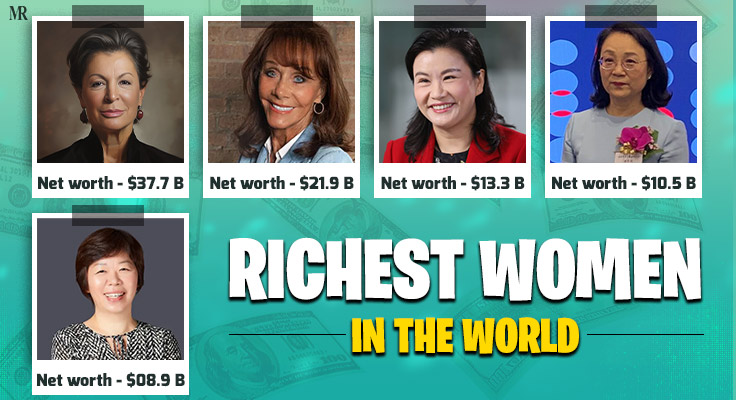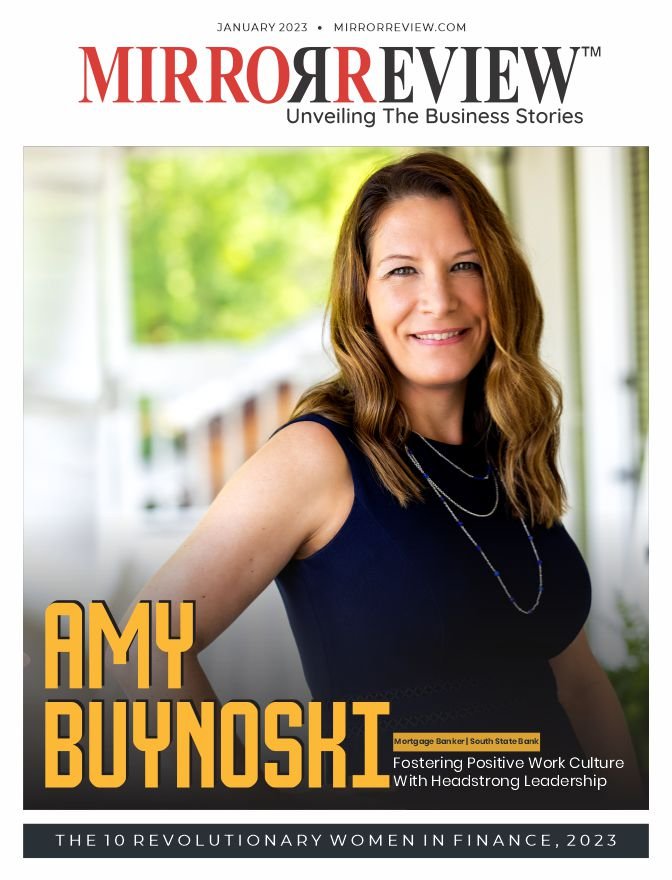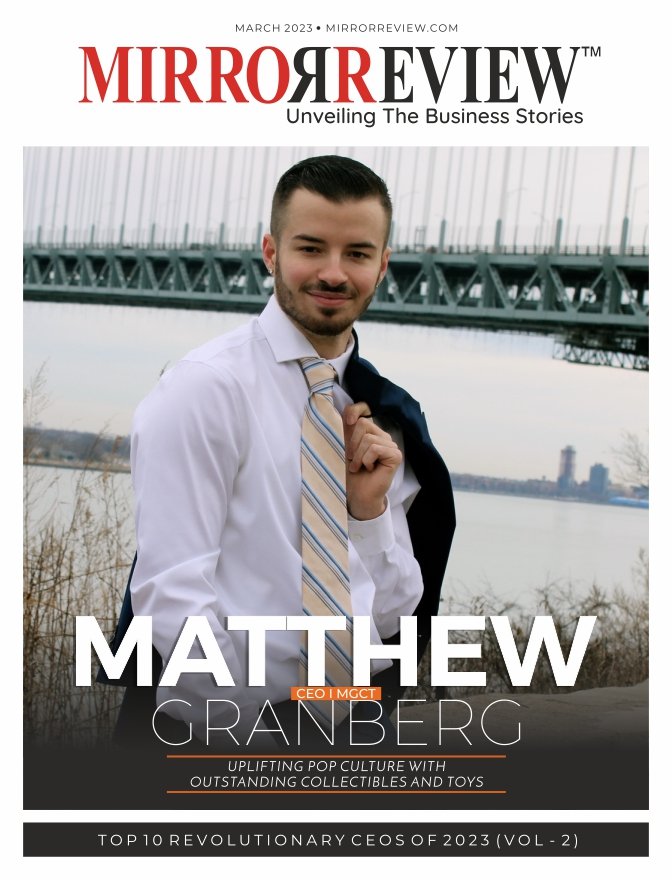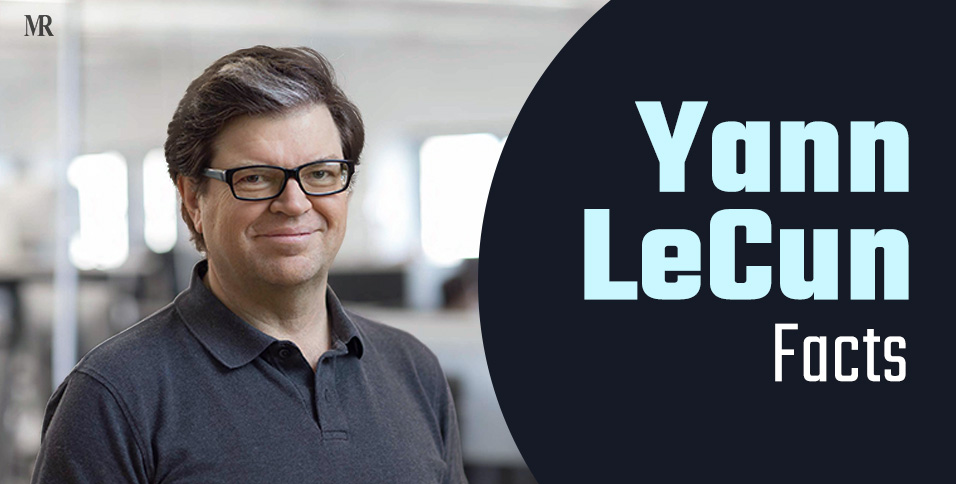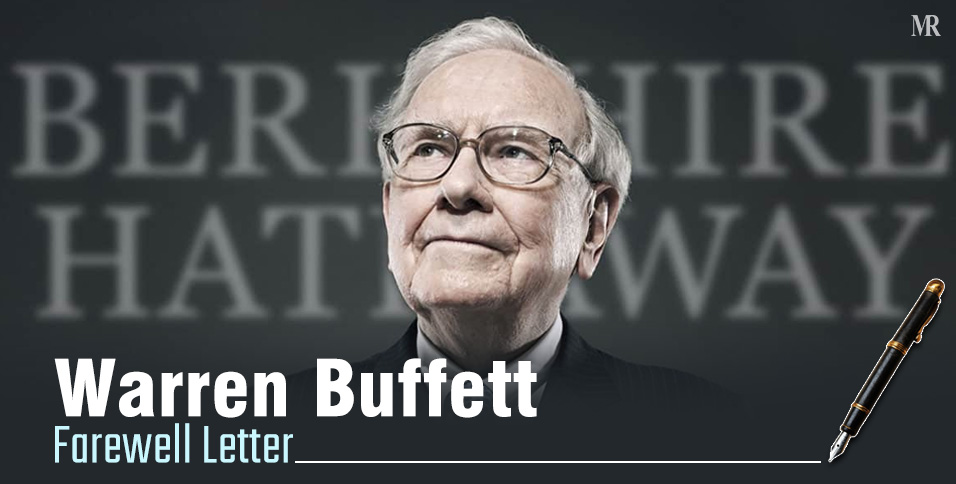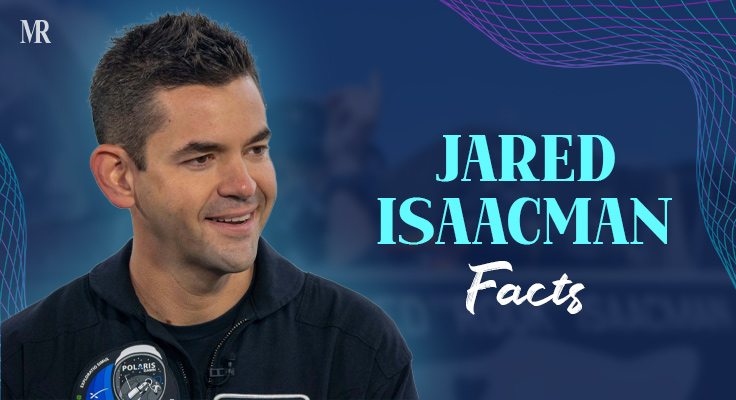Reaching billionaire status is an extraordinary feat. It’s even more remarkable for women, who represent just 13.4% of billionaires worldwide. Within this already small percentage, the number shrinks dramatically when looking at self-made richest women in the world – women who built their fortunes from scratch rather than inheriting them.
Globally, there are only 113 female self-made billionaires. They didn’t just find success; they forged it through innovation, leadership, and determination, creating powerful businesses against the odds. So let’s explore the list of the world’s top 10 richest self-made women as of 2025.
List Of The Top 10 Self-Made Richest Women in The World
(Note: The net worth figures of the following self-made richest women are taken from Forbes’ official billionaire list. Refer to their list for real-time net worths.)
| Name | Age | Country | Source Of Wealth | Net Worth |
| Rafaela Aponte-Diamant | 80 | Switzerland | MSC Shipping | $37.7 B |
| Diane Hendricks | 78 | United States | ABC Supply | $21.9 B |
| Zhou Qunfei | 55 | Hong Kong | Lens Technology | $13.3 B |
| Zhong Huijuan | 64 | China | Hansoh Pharmaceutical Group | $10.5 B |
| Wang Laichun | 57 | Hong Kong | Luxshare Precision Industry | $8.9 B |
| Judy Faulkner | 81 | United States | Epic Systems | $7.7 B |
| Denise Coates | 57 | United Kingdom | Bet365 | $7.3 B |
| Thai Lee | 66 | United States | SHI International | $7 B |
| Lynda Resnick | 82 | United States | Agriculture | $6.3 B |
| Zeng Fangqin | 59 | Hong Kong | Lingyi iTech | $6.1 B |
1. Rafaela Aponte-Diamant (Net Worth: $37.7 B)

Rafaela Aponte-Diamant holds a 50% stake in the Mediterranean Shipping Company (MSC), the world’s largest shipping line. She co-founded MSC with her husband, Gianluigi Aponte, in 1970 after they met on a ferry trip. Starting with just one ship, they grew MSC into a global giant with over 800 vessels.
While Gianluigi focused on operations, Rafaela has been responsible for designing the interiors of their MSC Cruises ships. Originally from Haifa, Rafaela now resides in Switzerland. With a net worth of $37.7 billion, Rafaela Aponte-Diamant is considered the richest self-made woman in the world.
2. Diane Hendricks (Net Worth: $21.9 B)
In 1982, Diane Hendricks and her late husband Ken founded ABC Supply, leveraging lines of credit to build the business from the ground up. Today, ABC Supply stands as a major US wholesale distributor, specializing in roofing, siding, and windows.
After Ken passed away, Diane continued to lead the company forward as chairwoman. She has successfully driven growth through smart acquisitions and strong leadership, making her mark in the often male-dominated construction industry.
Beyond the company, Diane is also actively involved in real estate investments and initiatives focused on community development.
3. Zhou Qunfei (Net Worth: $13.3 B)

Zhou Qunfei’s journey began as a migrant factory worker in Shenzhen after leaving her village at 16. In 1993, she saved enough to start her own business making watch lenses. A big break came in 2003: an order from Motorola for glass mobile phone screens. This led to the founding of Lens Technology.
Despite facing intense competition and financial hardship, including selling her house to keep the business afloat, Zhou Qunfei persevered. Moreover, her big break came when Lens Technology became a key touchscreen supplier for Apple’s iPhone.
4. Zhong Huijuan (Net Worth: $10.5 B)
A former chemistry teacher, Zhong Huijuan entered the pharmaceutical industry in 1995. Her husband, Sun Piaoyang (now also a billionaire chair of Jiangsu Hengrui Medicine), had co-founded a small drug company (later Hansoh Pharmaceutical) but was too busy with his state-owned job to run it.
Zhong took the helm as a founder, growing the company from about ten employees by focusing heavily on R&D. She reinvested up to 10% of revenue, unusually high for Chinese pharma—to develop treatments for cancer, infections, and psychotropic conditions. Moreover, Hansoh’s IPO in 2019 cemented her status as a leading self-made billionaire in the world.
5. Wang Laichun (Net Worth: $8.9 B)
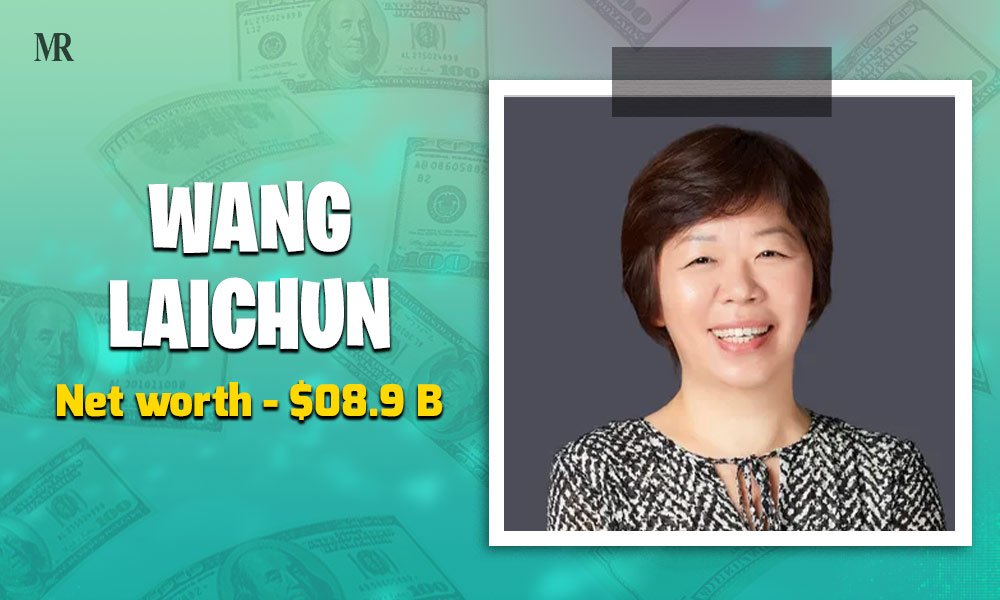
Wang Laichun spent ten years working at Foxconn, gaining valuable experience in electronics manufacturing. In 2004, she and her brother, Wang Laishen, founded Luxshare Precision Industry.
While the company initially produced computer cables and connectors, it soon experienced rapid growth. Luxshare evolved into a vital supplier and assembler for major technology firms, perhaps most famously handling the assembly of AirPods for Apple.
Today, Wang Laichun leads the company as Chairwoman, having guided its significant expansion and its successful public offering in 2010.
6. Judy Faulkner (Net Worth: $7.7 B)
With a master’s degree in computer science and a $70,000 investment from friends and family, Judy Faulkner founded Human Services Computing in a Wisconsin basement in 1979. This venture would later become Epic Systems.
As a programmer, Faulkner initially wrote the company’s code herself. She steadily built Epic into a dominant player in healthcare software, impressively managing the medical records for over 325 million individuals today – all achieved without relying on venture capital or acquiring other businesses. Faulkner still leads the privately held company as CEO and owns a 47% share.
7. Denise Coates (Net Worth: $7.3 B)

Denise Coates saw the future in online betting earlier than most. Back in 2000, she convinced her father, Peter, and brother, John, to take a significant gamble by mortgaging the family’s chain of betting shops. The goal was to fund the creation of an online betting platform.
Launching Bet365 in 2001, she, along with her brother as co-CEO, built it into one of the world’s largest online gambling companies. Her strategic foresight turned the traditional family business into a global, multi-billion-dollar enterprise.
8. Thai Lee (Net Worth: $7 B)
Born in Bangkok, Thai Lee pursued her education in the United States, earning degrees from Amherst College. She also notably became the first Korean woman to graduate from Harvard Business School. In 1989, utilizing this foundation, she and her then-husband acquired a small software reseller for less than $1 million.
Lee transformed this modest start-up into SHI International, now a major IT solutions provider boasting billions in revenue. SHI serves powerhouse clients like Boeing and AT&T and is recognized today as the largest woman-owned business in the United States.
9. Lynda Resnick (Net Worth: $6.3 B)
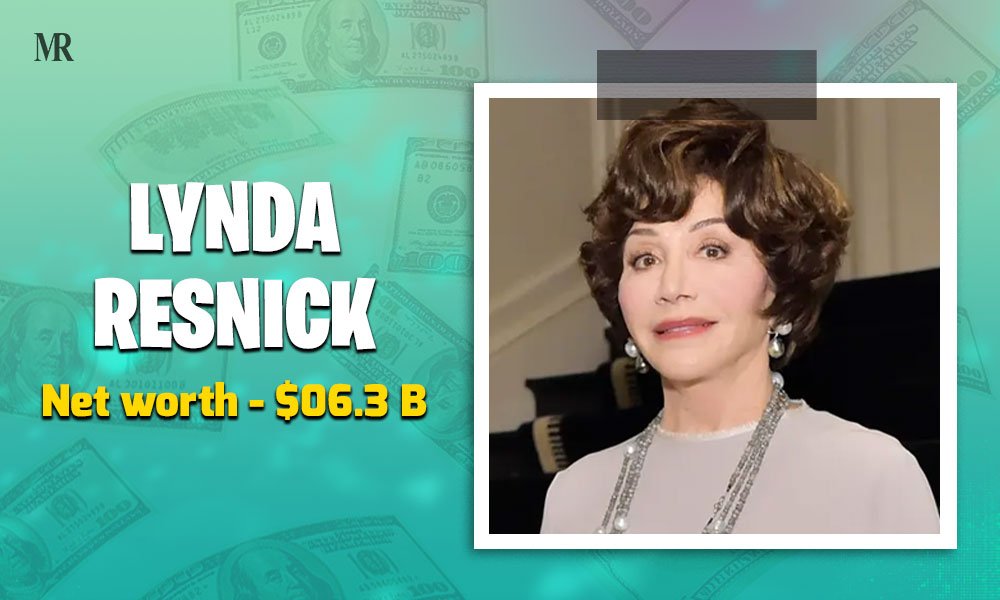
Lynda Resnick, together with her husband Stewart, built The Wonderful Company from the ground up. This privately held $6 billion enterprise centers on agriculture and popular healthy living brands.
They started by acquiring agricultural land in California, and then strategically grew their portfolio to include household names like POM Wonderful, Fiji Water, Wonderful Pistachios, Wonderful Halos Citrus, and the flower delivery service Teleflora.
Lynda’s sharp marketing instincts, partly refined during their ownership of the Franklin Mint (from 1984-2006), have played a vital role in the success across their diverse brand portfolio.
10. Zeng Fangqin (Net Worth: $6.1 B)
Zeng Fangqin is the founder, Chairwoman, and controlling shareholder of Lingyi iTech (Jiangsu Lingyi Intelligent Manufacturing Technology).
Lingyi iTech is a major manufacturer, producing the kind of high-precision components essential for today’s consumer electronics like smartphones, laptops, and other devices. Lingyi iTech’s crucial role in the tech manufacturing supply chain is the foundation of Zeng Fangqin’s significant wealth.
Conclusion
The journeys of the top 10 richest self-made woman in the world powerfully illustrate what can happen when keen insight, resolve, and clever business approaches come together. Their journeys are remarkable on their own, but even more so considering the wider picture: only about 13.4% of the world’s billionaires are women, and most of them, unlike these ten, inherited their wealth.
These self-made richest women in the world saw opportunities, took calculated risks, overcame complex challenges, and built lasting enterprises. In doing so, they’ve not only created immense wealth but have also significantly influenced their respective industries.

